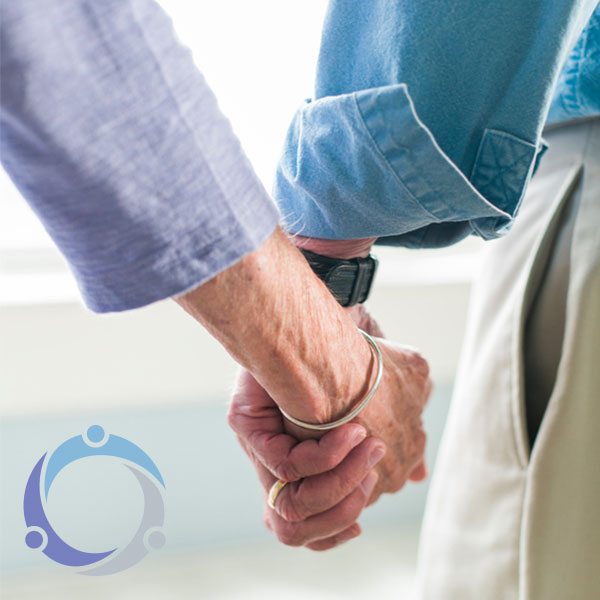
Contributed by Tiffany Silverberg
Crises come in many forms – from natural disasters to home fires, from medical emergencies to building catastrophes. They often come with little to no warning and bring great personal, physical, financial, and emotional burdens. It’s during these times that we see people helping others. When crises strike, it’s wonderful to see communities come together to help those in need. Communities respond quickly to offer support and help those affected return to life in a new normal. Offering to coordinate a community of people to help others will increase efficiency and ensure that everyone’s needs are met. Becoming a leader during crisis might be the best helping hand you can lend. Here are some strategies for helping others help others!
Match Needs and Abilities
The first thing you need to do when coordinating people helping others is match abilities with needs. Some people will have talents and skills that you can utilize for certain scenarios. The people you are helping will have specific items, errands, or chores they need. It’s important to know who can do what, since not everyone will be able to do everything. Spreading the responsibilities over a community of people will prevent burn out and allow volunteers to focus on what they are best at, giving them an increased sense of pride and purpose. Grab a notebook and make two lists. Start with the list of needs that those in crisis currently have. Do they need food, donations, clothes, or other physical items? Do they need help getting to appointments, organizing, cleaning, or doing laundry? Then make a second list of who has offered to help, what they can do, and when they are available. Now start matching needs with abilities to assign projects!
Create a Central Location
The most important thing you can do in helping people helping others is to create a central point of communication. This will help everyone see what the needs are, sign up for the ones they can help with, remember what they signed up for, and stay updated on changing needs, conditions, and circumstances. Your Lotsa Helping Hands Community is the perfect place for this communication. People from all over the globe can join together to support those in need. You can leverage this desire to help with through monetary donations and requests for specific contributions. It also serves as a central location for asking for help too. Volunteers can send a link to an open Lotsa Helping Hands Community to family and friends requesting more help. It’s a great way to keep everyone involved and motivated. In witnessing their contributions make a meaningful difference in pictures, email updates, and more, people will feel good about the contributions they’ve made and potentially volunteer again.
Be Flexible
As time goes on, needs will change. This is when coordination is critical. When news breaks of the crisis, many might step up to help. But without clear communication and coordination, changing needs might be overlooked. As certain items are no longer needed, coordinators needs to communicate that change to volunteers and remove these old assignments from task lists and calendars. As new needs arise, send out a call to your volunteers and add them to the updated lists and calendars. Getting relevant, up-to-date information to the community allows volunteers to respond quickly and productively.
Thank Yous
No one, including volunteers, can hear Thank You too often. Your community will help you keep track of who has stepped up to do which tasks. Sending a thank you note individually, as well as a note of appreciation to everyone in the group, will go a long way in spreading good cheer and encouraging everyone involved.

